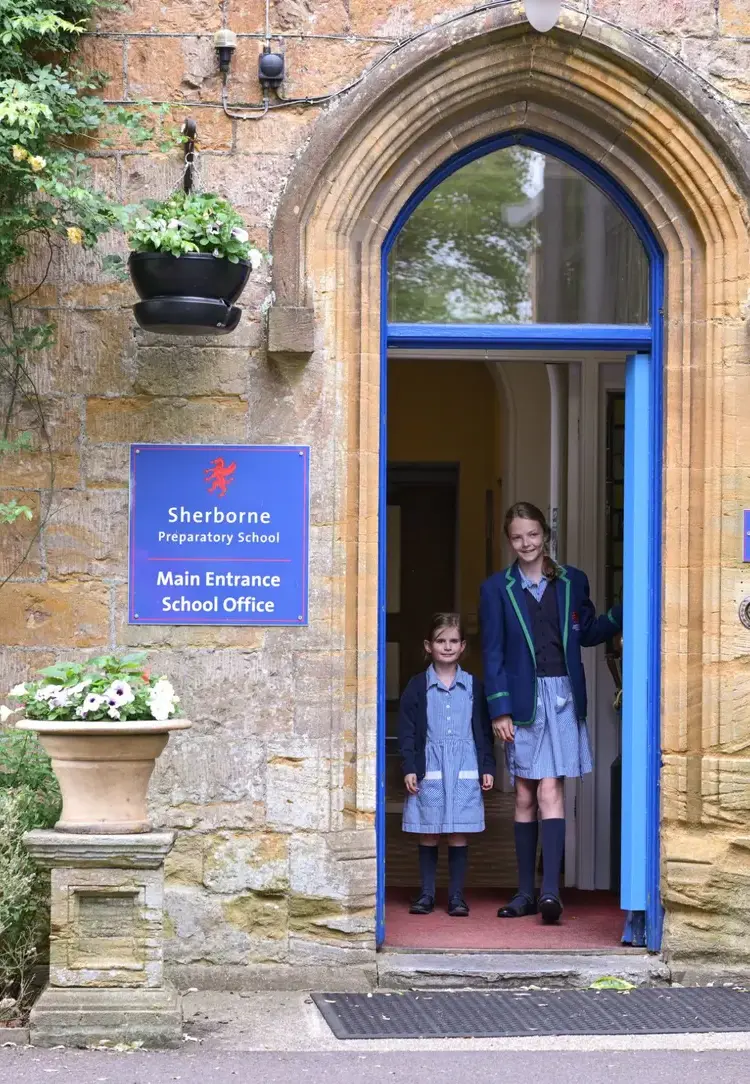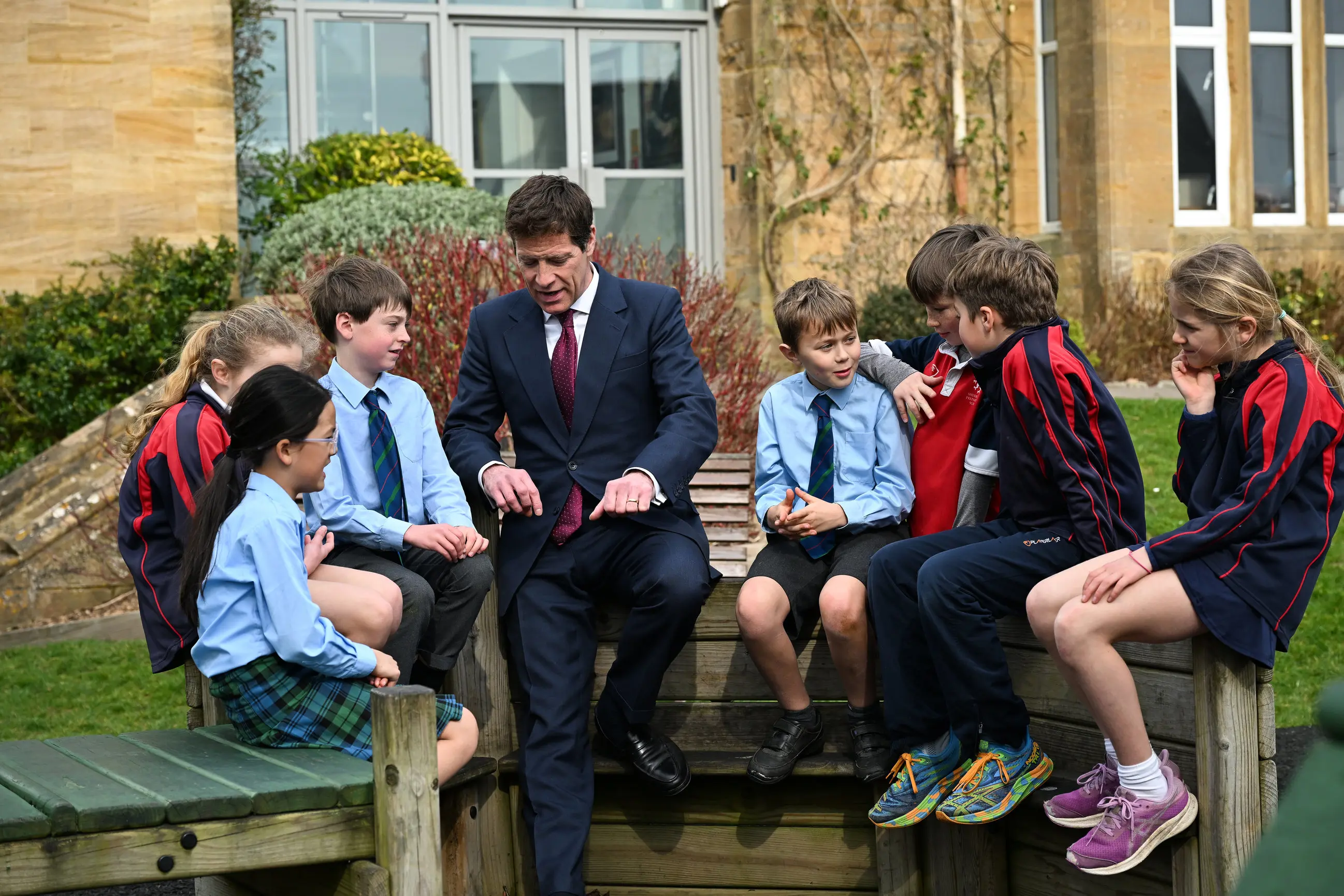Hidden wonders
By Alastair Poulain, Deputy Head (Co-Curricular)
Doing something for others often feels better than doing something for yourself. Altruism. Although, of course, it’s never entirely pure. Even if we ignore the warm public glow of being seen to do good, there's still something quietly self-rewarding about it. The world around you lifts, perhaps imperceptibly – and with it, so does your sense of self-worth.
It’s a small paradox: by lifting others, you lift yourself.
Like the flagellants or horsehair-shirt wearers of the Middle Ages, doing something you may not instinctively choose to do builds a quiet resilience. It tempers the easy pull of comfort and convenience – the Just Eat mindset, the dopamine twitch of social media, the age of Uber and Ozempic. Choosing instead to do something good for someone else becomes, oddly, an act of rebellion. A quiet, beautiful protest against modern excess.
And with fewer religious or national structures urging this sort of service, those who step forward to do good should be celebrated. When children sing carols to raise money, organise cake sales, bike for charity or sell juice from a makeshift stall, it may seem simple – but it sits within a very different cultural landscape than a generation ago. Back then, community, religion and collective identity carried more weight. Now, acts of service are often self-motivated, self-initiated – and perhaps purer for it.
What’s so lovely is how little it takes for children to embrace these acts of kindness. They often enjoy it. A nudge, a steer, a little praise at the end – and off they go, doing something good without expectation. The joy is genuine.
At Sherborne Prep, we believe in reaching out. The more we step into the community, the more we see how small acts ripple. Charity helps three people: the one who receives, the one who gives, and the one who observes and feels heartened by it.
This is the kind of community we aim to build – one where kindness is second nature, and doing good becomes part of the everyday. It’s something we encourage in every child, every day – now, and we hope, long into the future.


